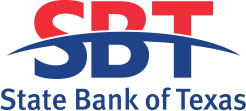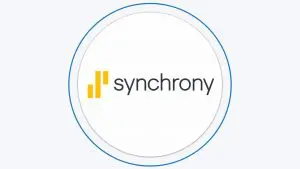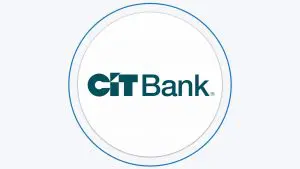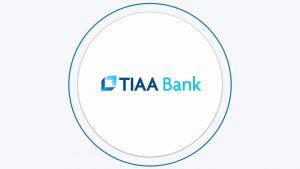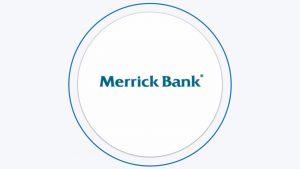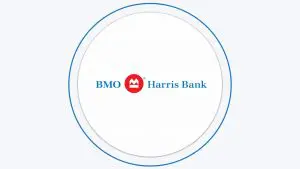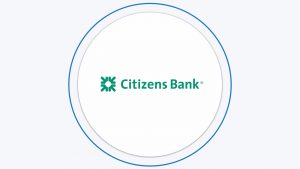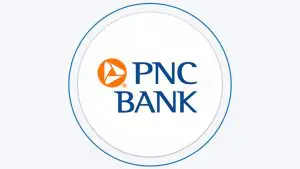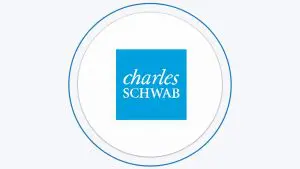Table Of Content
State Bank of Texas has a number of banking products including personal CDs. While it is not possible to open a CD online, State Bank of Texas does have a provision to mail in an account application, so you don’t need to live in Texas to access this product.
State Bank of Texas CDs
APY Range
Minimum Deposit
Our Rating
Terms
State Bank of Texas CD Rates
State Bank of Texas currently only has one personal CD. This has a 12 month term and it requires a minimum deposit of $100,000. This CD offers the potential to lock in the rate of 4.35%APY for the full 12 months. However, this is a limited-time offer, so it is subject to change when this offer is no longer available. The current maximum deposit for this CD product is $250,000.
The interest on State Bank of Texas CDs is paid monthly and paid via ACH, or you can opt to have your interest added at maturity to your account. However, if you need to withdraw some or all of your funds before maturity, you will be subject to an early withdrawal penalty of 30 days of interest on the amount withdrawn.
While this product may seem a little limited, there are some distinct plus points. All State Bank of Texas CDs have FDIC insurance, and there are no hidden costs or maintenance fees. You can also enjoy 24/7 access to your account.
Term | APY |
|---|---|
12 Months | 4.35% |
Are State Bank of Texas CD Rates Competitive Compared to Other Banks?
When it comes to 1-Year CD rates, State Bank of texas offers one of the highest rates in the nation as we can see in the table below:
Financial Institution | 12 Months CD APY | Minimum Deposit |
|---|---|---|
4.00% | $0 | |
4.00% | $0 | |
3.50% (13 months) | $1,000 | |
Wells Fargo Bank
| 4.50% – 4.76% (11 months) | $2,500 |
3.85% | $0 | |
4.00% | $0 | |
4.35% | $1,000 | |
4.45% – 4.20% | $1,000 | |
4.05% | $1,000 | |
4.20% | $2,500 | |
3.75% | $2,500 | |
3.90% | $0 | |
4.25% | $500 | |
4.15% | $25,000 | |
3.00% | $500 | |
2.00% | $1,000 |
Overall, those who are looking for the best CDs may want to look elsewhere. The limitations, such as the high minimum deposit and lack of terms, make the State Bank of Texas a less ideal option.
Top Offers From Our Partners
State Bank of Texas CD vs. Money Market Account Rates
State Bank of Texas has a standard money market account and a jumbo money market account with the potential to earn up to 4.65% APY. The standard money market account has a tiered interest rate structure with the higher rates offered for higher balances.
While this is lower than the State Bank of Texas CD rates, the money market account does allow up to six withdrawals per statement period, with a $25 fee for each additional withdrawal. The initial minimum deposit for the jumbo money market account is the same as the State Bank of Texas CD, but the standard money market account requires a deposit of at least $1,000.
Both money market accounts have a monthly maintenance fee. This is $25 for the standard account and $20 for the jumbo account. However, these fees can be waived with an average daily balance of $2,500 and $25,000 respectively for the standard and jumbo accounts.
Additionally, to receive interest on the jumbo money market account, you need to have at least $100,000 in the account, but there are no minimums to receive interest with the standard money market account.
CDs | Money Market Account (Jumbo) | |
|---|---|---|
APY | 4.35% | 4.65% |
Minimum Deposit | $100,000 | $100,000 |
Fees | $0 | $20 (waived if you maintain average daily balance of $25,000) |
About State Bank of Texas
State Bank of Texas has been around since the 1980s and it was established on the foundation of helping immigrants and entrepreneurs to find funding to purchase cars or start a business. Today, the bank continues to remain a family owned and operated bank. It maintains a book equity value of approximately $130 million without needing to raise further capital from the $1 million raised from $100,000 investments from family members.
While State Bank of Texas may have limited personal account options, it does offer a number of business products. So, whether you’re a personal customer or budding entrepreneur, State Bank of Texas does offer some competitive products to meet your requirements. Just be wary of the minimum requirements and check the competing products to ensure State Bank of Texas is the right option for you.
FAQs
Does State Bank of Texas Offer No Penalty CD Rates?
State Bank of Texas currently only has one personal CD product and this does have an early withdrawal penalty if you need to withdraw funds before maturity.
Does State Bank of Texas offer promotions on CDs?
State Bank of Texas does promote special CD products. The current CD product is a limited time offering.
Does State Bank of Texas CDs come with a grace period?
Yes, the CDs have a 10 calendar day grace period. During this time, you may withdraw funds, add funds or close out the account without any penalties. After the grace period, unless otherwise instructed, the CD will automatically renew.
How State Bank of Texas CDs interest are calculated?
State Bank of Texas does not compound interest on CDs with a term of 12 months or less. The interest for the current 12 month CD can be added to your account on maturity or be paid monthly via ACH.
How does the State Bank of Texas early withdrawal penalty work?
If you need to withdraw funds before your CD matures, you will incur a 30 day interest penalty on the amount you’ve withdrawn.
How We Rate Certificates of Deposits: Our Methodology
The Smart Investor team has thoroughly examined certificate of deposit (CD) offerings from various banks, considering multiple factors to provide a comprehensive evaluation. Here's how we rated them across four key categories:
-
CD Rates (50%): We meticulously analyzed the interest rates offered by each bank on their certificate of deposit (CD) products. Higher ratings were awarded to banks offering competitive rates that provide maximum returns for customers' investments. Factors such as the yield curve, current market conditions, and consistency of rates were considered to assess the attractiveness of each bank's CD rates.
-
CD Features (30%): This category evaluated the features associated with each bank's certificate of deposit offerings. Factors considered include the variety of terms available, early withdrawal penalties, minimum deposit requirements, and any additional features or benefits. Higher ratings were given to banks offering a diverse range of CD terms, reasonable early withdrawal fees, and flexible options to meet customers' investment needs.
-
Customer Experience (10%): A positive customer experience is paramount, even when investing in CDs. We assessed each bank's performance in this area, considering factors such as the ease of opening a CD account, the responsiveness of customer service, and overall user satisfaction. Higher ratings were assigned to banks with efficient account opening processes, helpful customer support, and a track record of satisfying customers.
-
Bank Reputation (10%): The reputation of a bank is a critical consideration when investing in CDs. We evaluated each bank's reputation based on factors such as financial stability, regulatory compliance, and public perception. Higher ratings were given to banks with a solid reputation for reliability and trustworthiness, ensuring customers' investments are safe and secure.
By considering these categories and assigning appropriate weights to each, our review aims to provide valuable insights to help individuals make informed decisions when investing in certificate of deposits.

